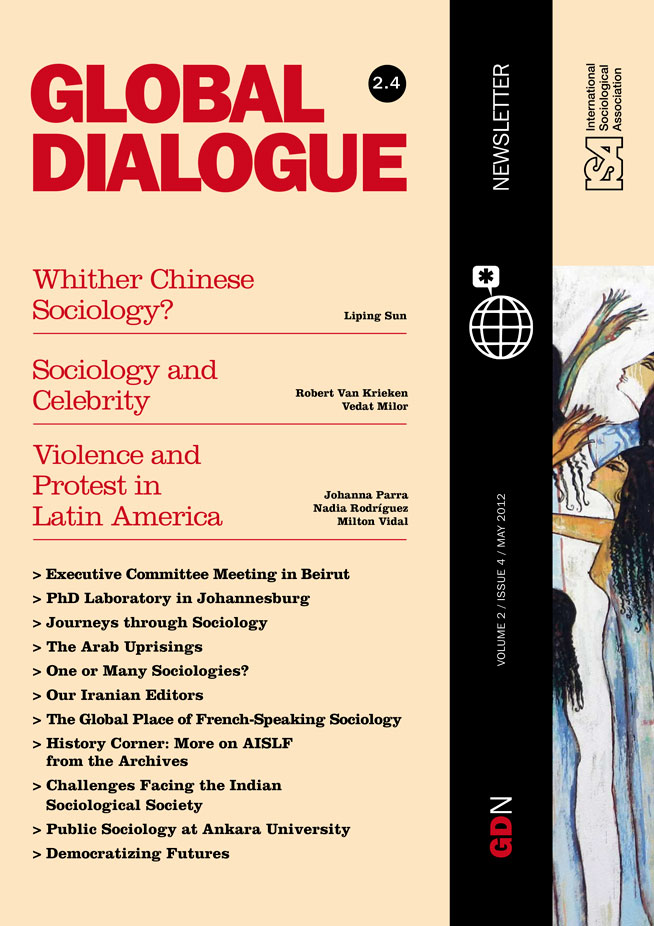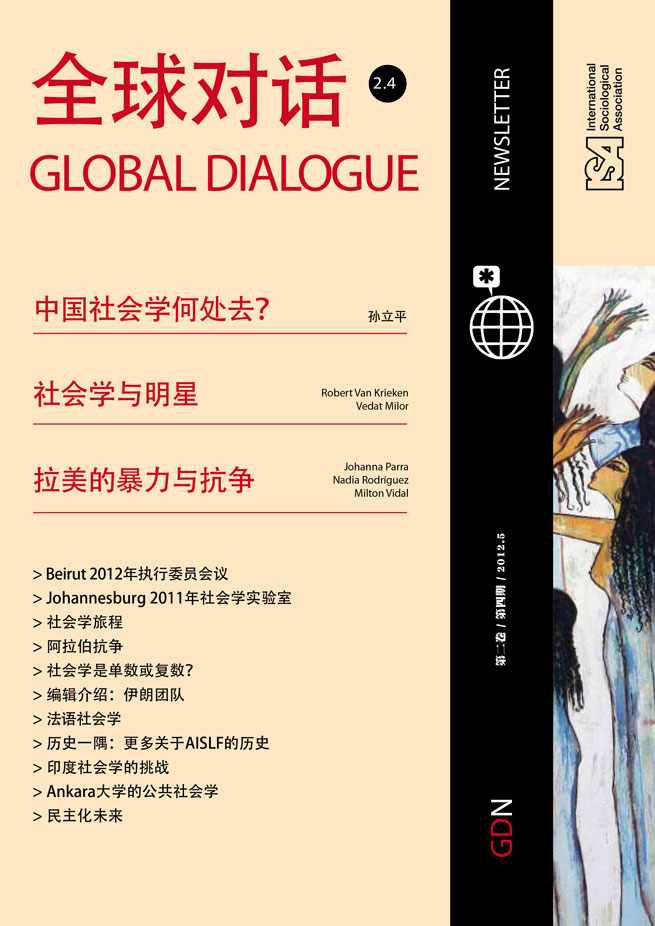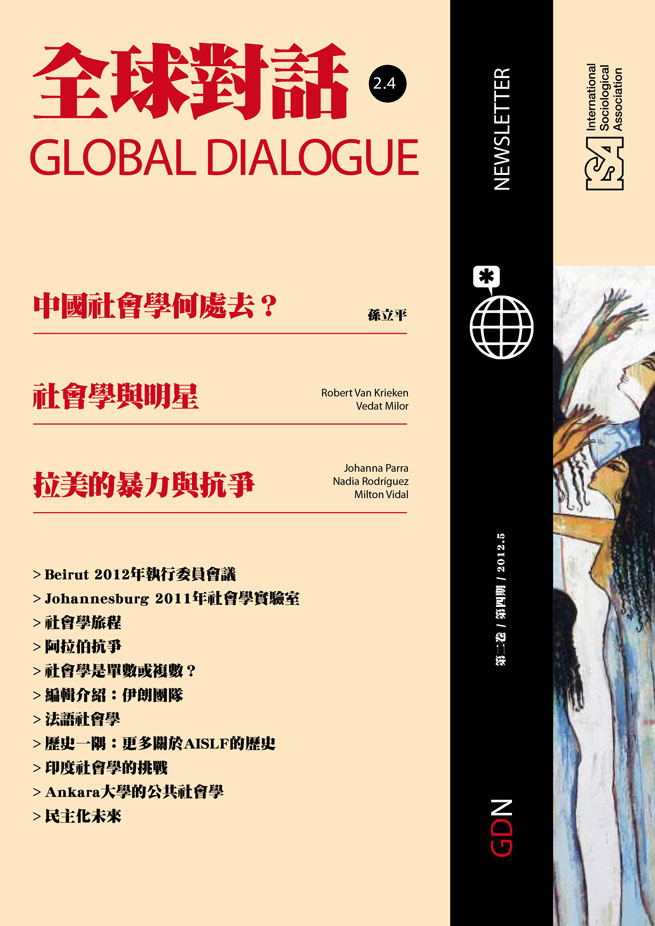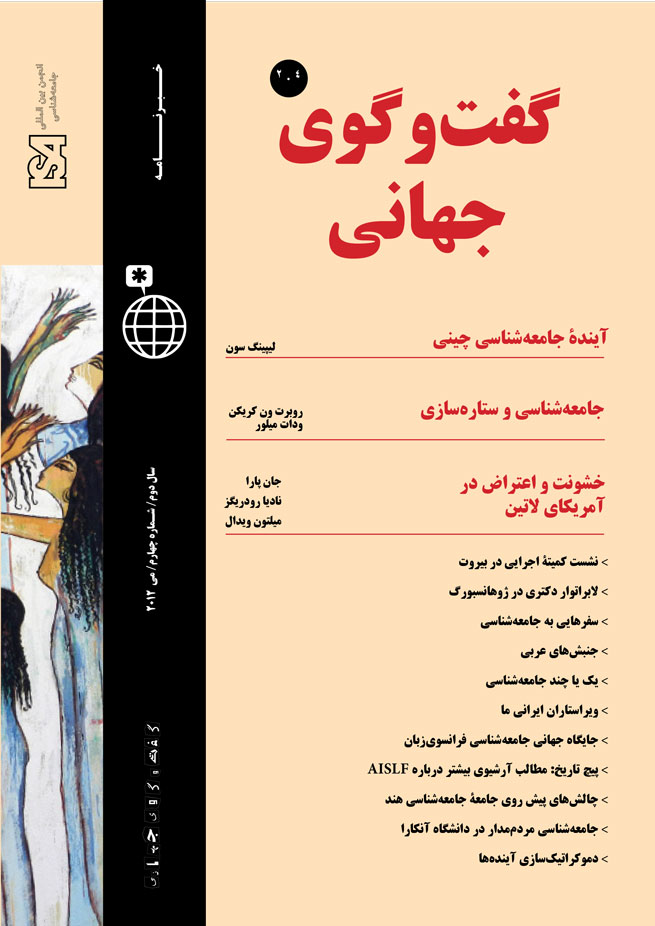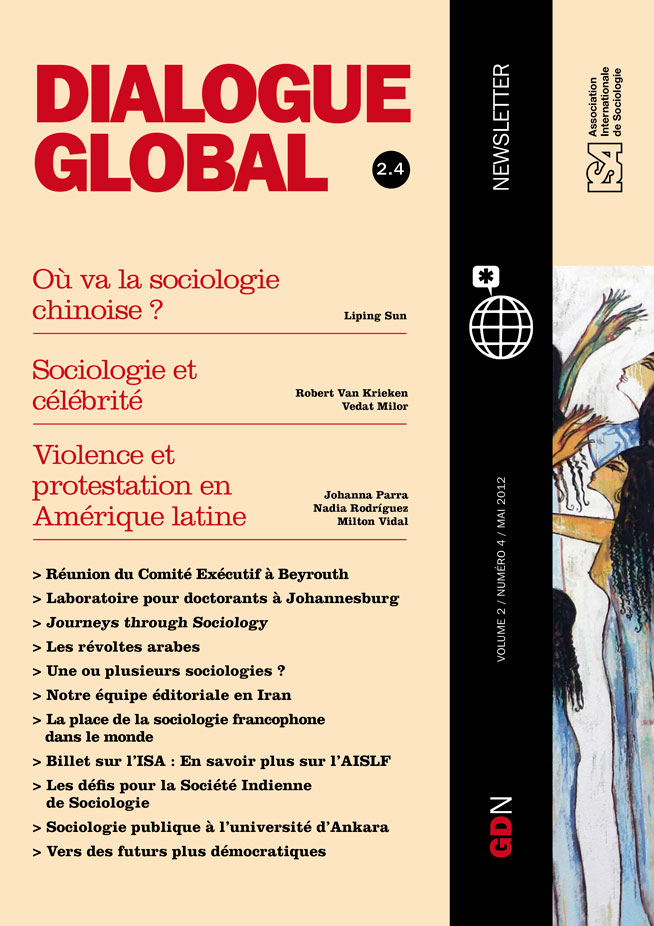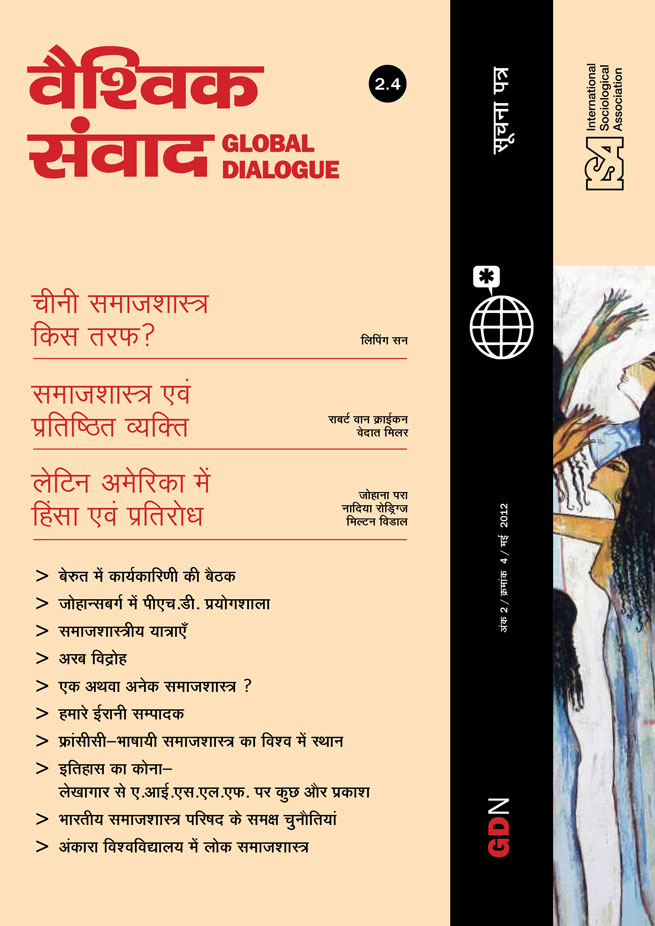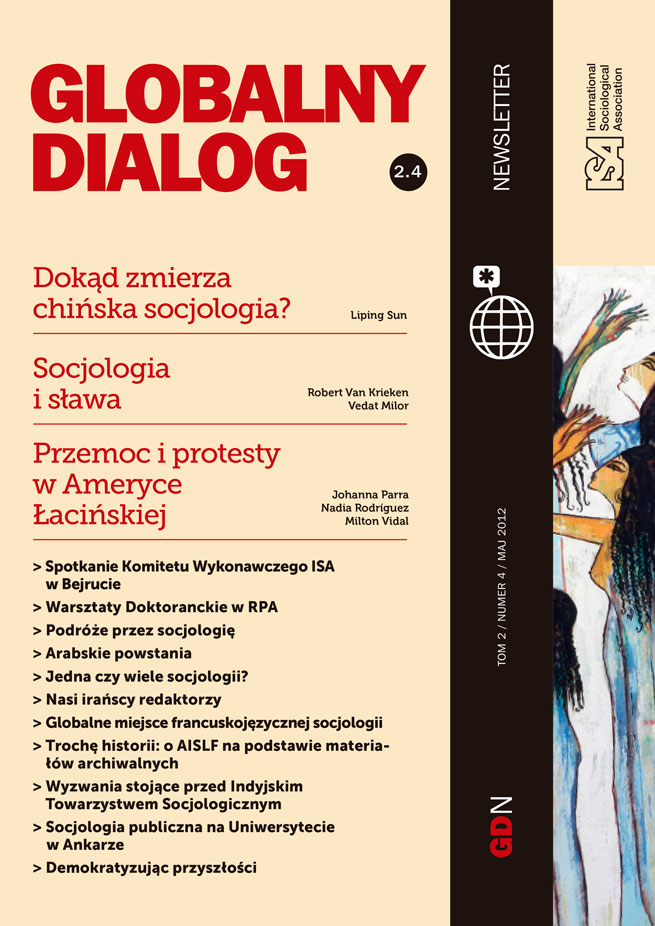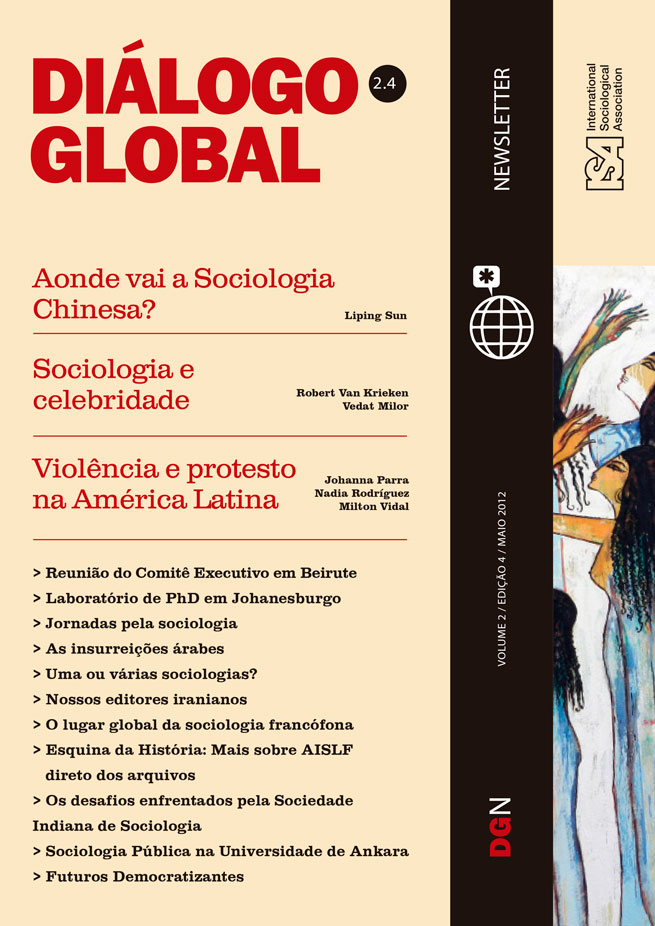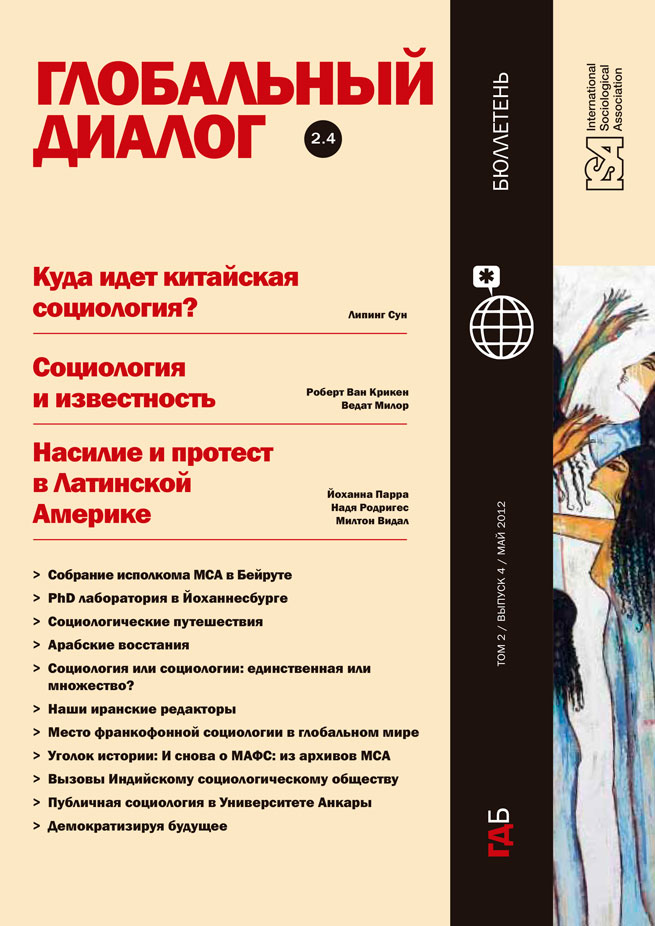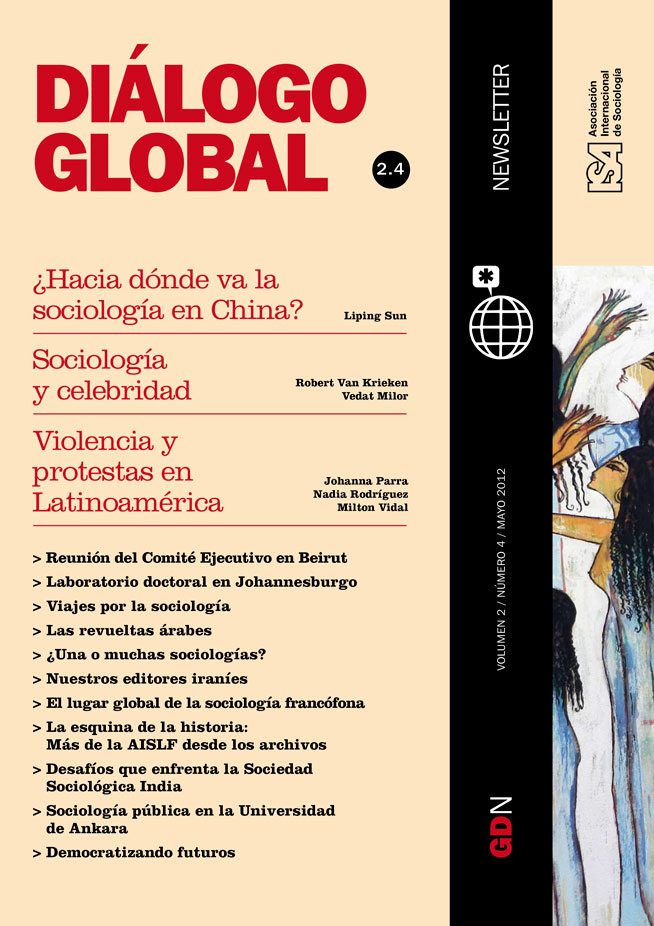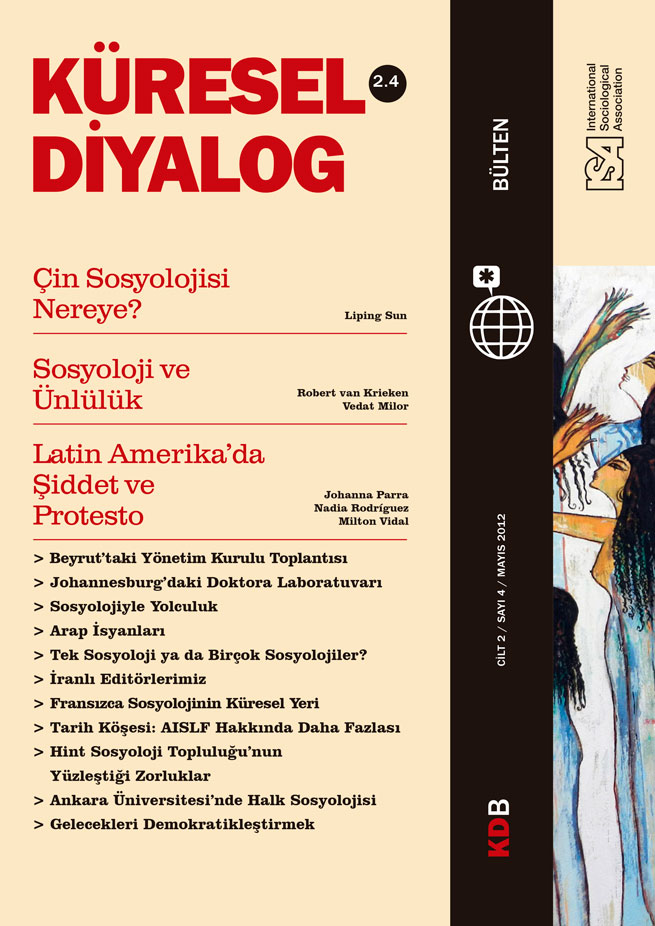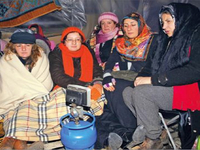Democratizing Futures: Searching for Equality and Participation

July 31, 2013
The ISA’s Research Committee on Futures Research (RC07) convenes its program for the upcoming Forum in Buenos Aires under the motto “Democratizing Futures.” This motto is meant to connect the Forum’s overall theme of “Social Justice and Democratization” with the research committee’s specific focus. The motto conveys (in its English version) a dual meaning: read as an adjective, “democratizing” expresses the hope that some futures will bring more democratization; read as a verb, “democratizing” refers to the task of democratizing the very process of envisioning and making futures. Democratizing futures, thus, relates to the social quest for justice and participation. “Futures” is intentionally used in its rather unusual plural form. As postcolonial scholars such as Arturo Escobar, Aníbal Quijano, Walter Mignolo, or Boaventura de Sousa Santos have urged, we need a plural epistemology of diverse knowledges. Despite their appealing parsimony, unilinear models do not describe history as we know it. Transversal concepts seem to be a better fit to muddy and often contentious realities. Democratizing futures implies dialogue about alternative visions.
The future had seemed rather closed during the 1990s when the so-called Washington consensus prescribed neoliberal recipes for structural adjustments to rigid market models in countries around the world. Challenges were mounted from the remote jungles of Chiapas to cities such as Seattle, Prague, Genoa or Davos that global elites had selected for summit meetings behind closed doors. The politics of fear in the name of a global “war on terror” seemed to further extend the neoliberal reign until over-speculation in financial markets blew up and even mainstream media begun talking about a “collapse of capitalism.” Such headlines were of course premature, as a multi-trillion dollar bailout of banks was organized overnight, but they do indicate how shaky is the legitimacy of the economic regime. US power has waned in the wake of the Iraq invasion and vis-à-vis the rise of China and other emerging countries. South Americans from Argentina to Venezuela and from Brazil to Ecuador found new leverage to reject IMF or World Bank “conditionalities” and pursue new paths. The uprisings in the Arab World ousted long-ruling tyrants, opened new spaces for democratization of the region, and set examples that reverberated even in the US.
A small protest on Wall Street grew into a national movement with linkages to counterparts in Europe and elsewhere. Although the Occupy movement was ridiculed by corporate media for not having a clear list of demands, this lack of a fixed ideology contributes greatly to its appeal. Above all, the occupation of Liberty Square in New York, just like the occupation of many other squares around the country, was meant to create space for dialogue. It had transformed the often barren “semi-public” but corporate-owned Zuccotti Park into a thriving public sphere with arts, music, shared food, a library, and vibrant political debate about how to create better futures not just for the wealthiest 1% but also for the other 99%. As attested by the canopy of self-made cardboard signs, many of the demands and proposals that were being debated were quite specific, ranging from a fairer economy to a cleaner environment and reforms of the tax system and campaign finance law. The movement’s horizontal organization itself embodied the goal of reclaiming democracy. The Occupy movement challenged the growing social inequality and increasing corporate influence on politics. Police repression succeeded in shutting down the occupied spaces in most of the hundreds of US cities but a new generation of activists has had a formative experience in collective action and is ready to continue the struggle for more democratic futures.
Sociology can learn from these movements about the malleability of futures. The questions that are being addressed in a diverse range of sessions organized by RC07 at the Forum in Buenos Aires include: How can we create more democratic futures? How do assumptions and aspirations about the future influence daily routines and long-term collective lives? What defines the horizon of social imaginaries? How do we need to rethink democracy in the age of advanced globalization? How can pressing problems such as global climate change, environmental degradation, hunger or violence be tackled in sustainable ways? What is to be done to democratize governance, infrastructure, production, media, and technology? How can the distribution of goods, risks and opportunities be made more equitable? How are different forces positioned to shape futures? What can be learned by comparing social struggles in different countries and settings? How do emancipatory movements and everyday practices at the grassroots resist discipline, exploitation, and misrecognition? What visions for alternative futures are imaginable, desirable, and achievable? What are the roadmaps for social transformation? How can future-oriented social research relate to broader public debates?
Many thanks go to Alberto Bialakowsky, Alicia Palermo, Margaret Abraham, Michael Burawoy, and Raquel Sosa for their hard work and intellectual enthusiasm in making the Forum in Argentina possible. Let’s look forward to many exciting debates and inspiring encounters in Buenos Aires.
Markus S. Schulz, University of Illinois, Urbana-Champaign, USA, and Member of the ISA Program Committee for Yokohama World Congress, 2014


